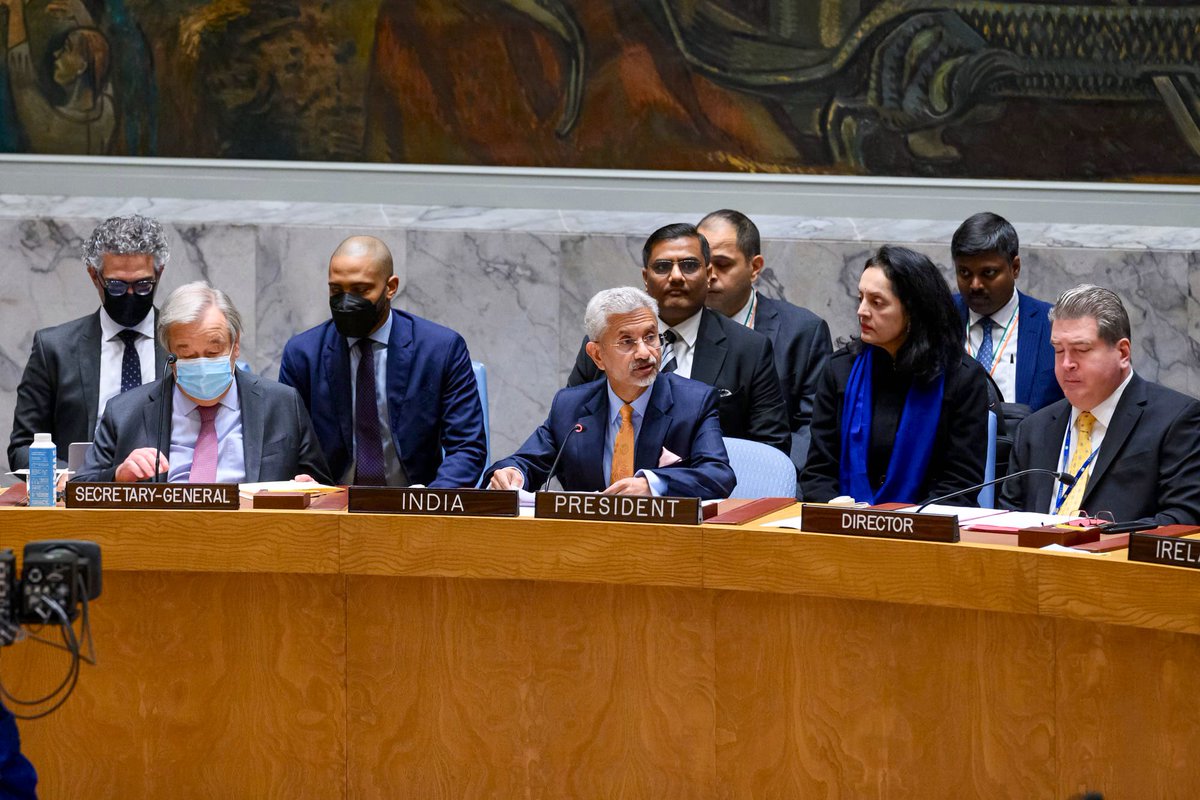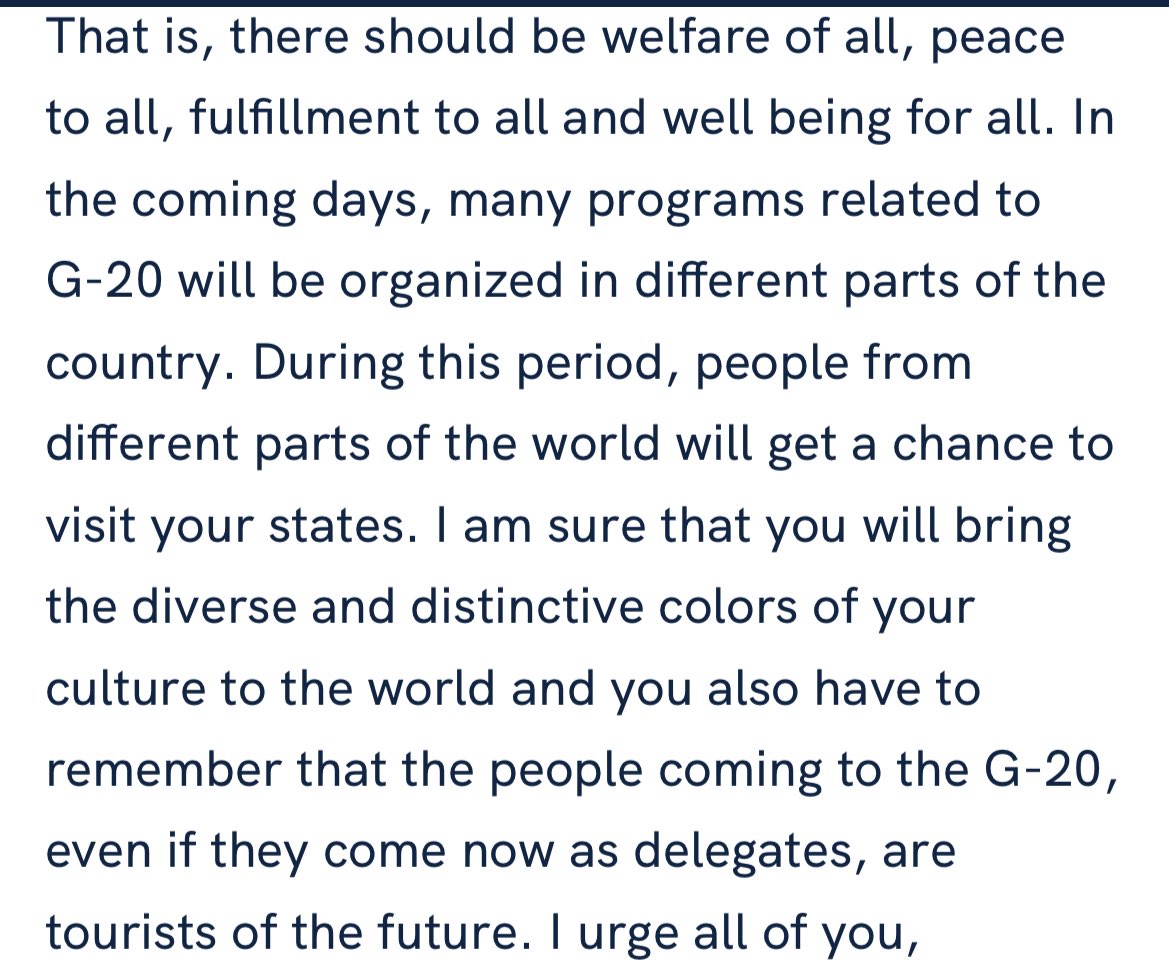
Significant decisions taken by the Cabinet today:
1. Incentive scheme for promotion of RuPay debit cards and low-value BHIM-UPI transactions.
Will help in building a robust digital payment ecosystem while promoting UPI as an economic and user-friendly digital payment mode.
1. Incentive scheme for promotion of RuPay debit cards and low-value BHIM-UPI transactions.
Will help in building a robust digital payment ecosystem while promoting UPI as an economic and user-friendly digital payment mode.
2.Setting up of a National level multi-state cooperative export society.
Will boost the Indian export potential in global markets, generate employment opportunities and ensure an inclusive growth model of cooperatives.
Will boost the Indian export potential in global markets, generate employment opportunities and ensure an inclusive growth model of cooperatives.
3. Setting up of a National level multi-state cooperative organic society.
Will provide institutional support for organic farming and unlock demand and consumption of organic products in domestic and global markets.
Will provide institutional support for organic farming and unlock demand and consumption of organic products in domestic and global markets.
4. Setting up of a National level multi-state cooperative seed society.
Will reduce dependence on imported seeds and boost the rural economy.
Will reduce dependence on imported seeds and boost the rural economy.
5. Renaming of National Centre for Drinking Water, Sanitation and Quality in Kolkata as Dr. Syama Prasad Mookerjee National Institute of Water and Sanitation.
Perfect way to honour Dr Mookerjee’s contributions and legacy.
#CabinetDecisions
Perfect way to honour Dr Mookerjee’s contributions and legacy.
#CabinetDecisions
• • •
Missing some Tweet in this thread? You can try to
force a refresh













